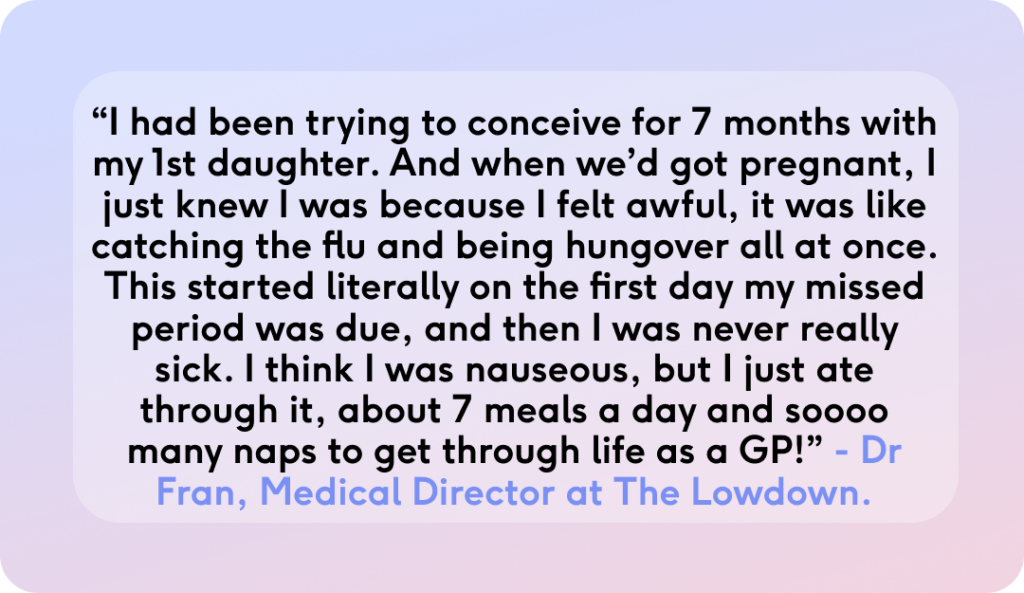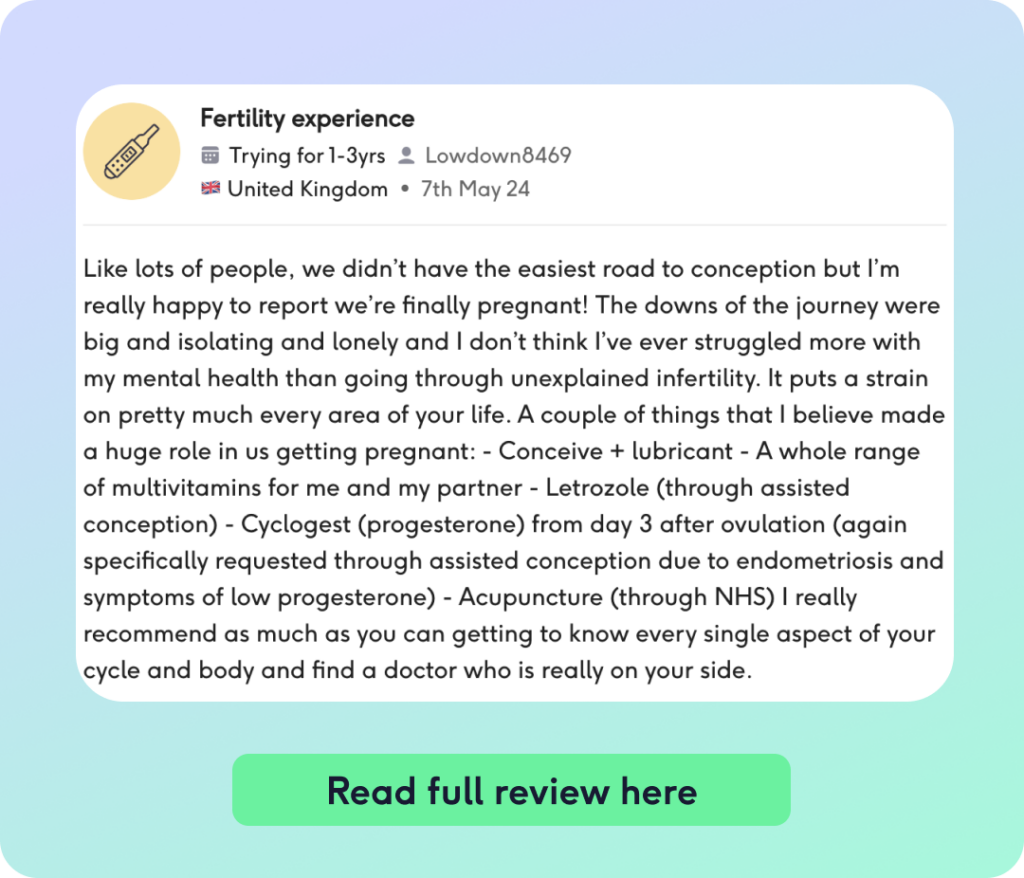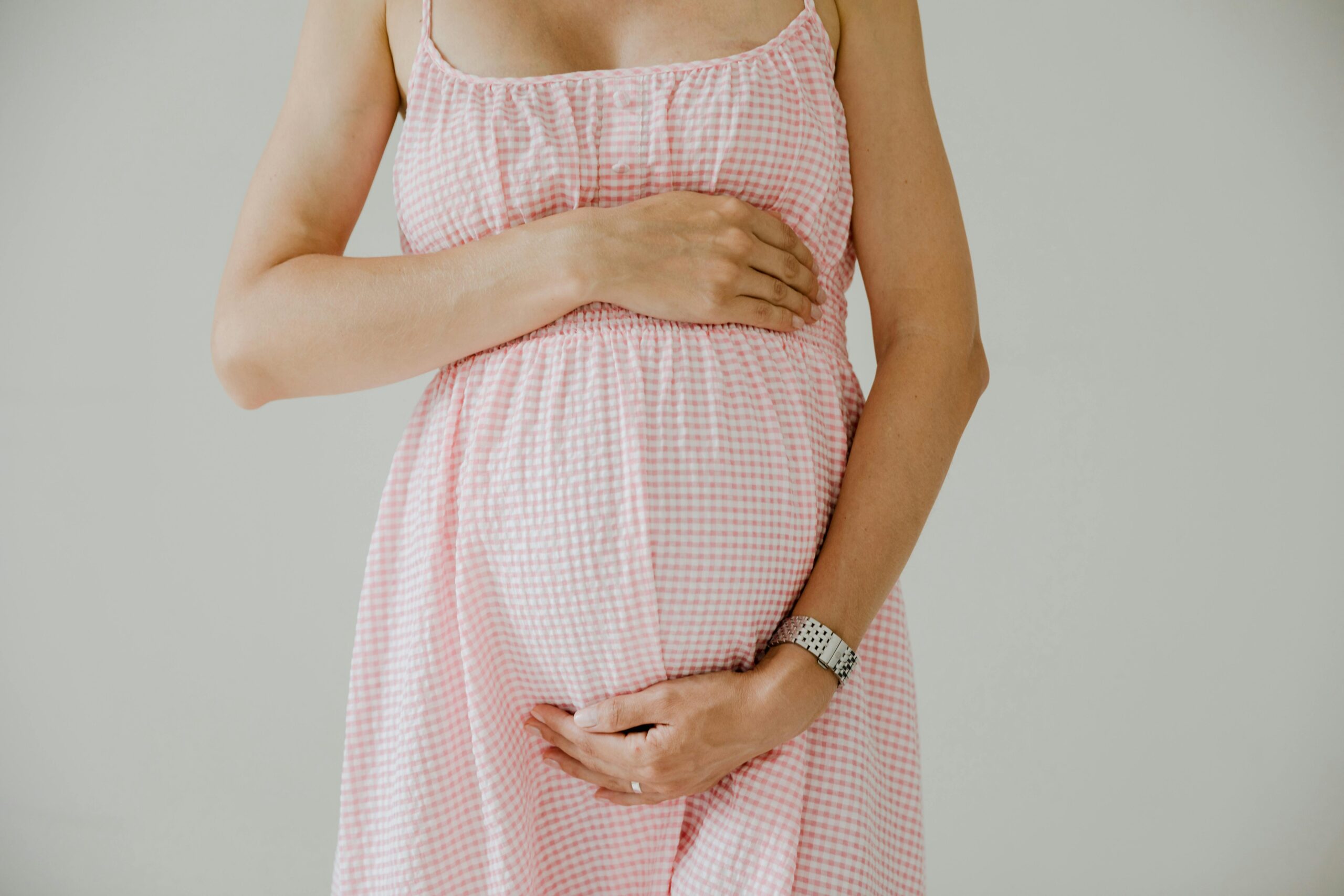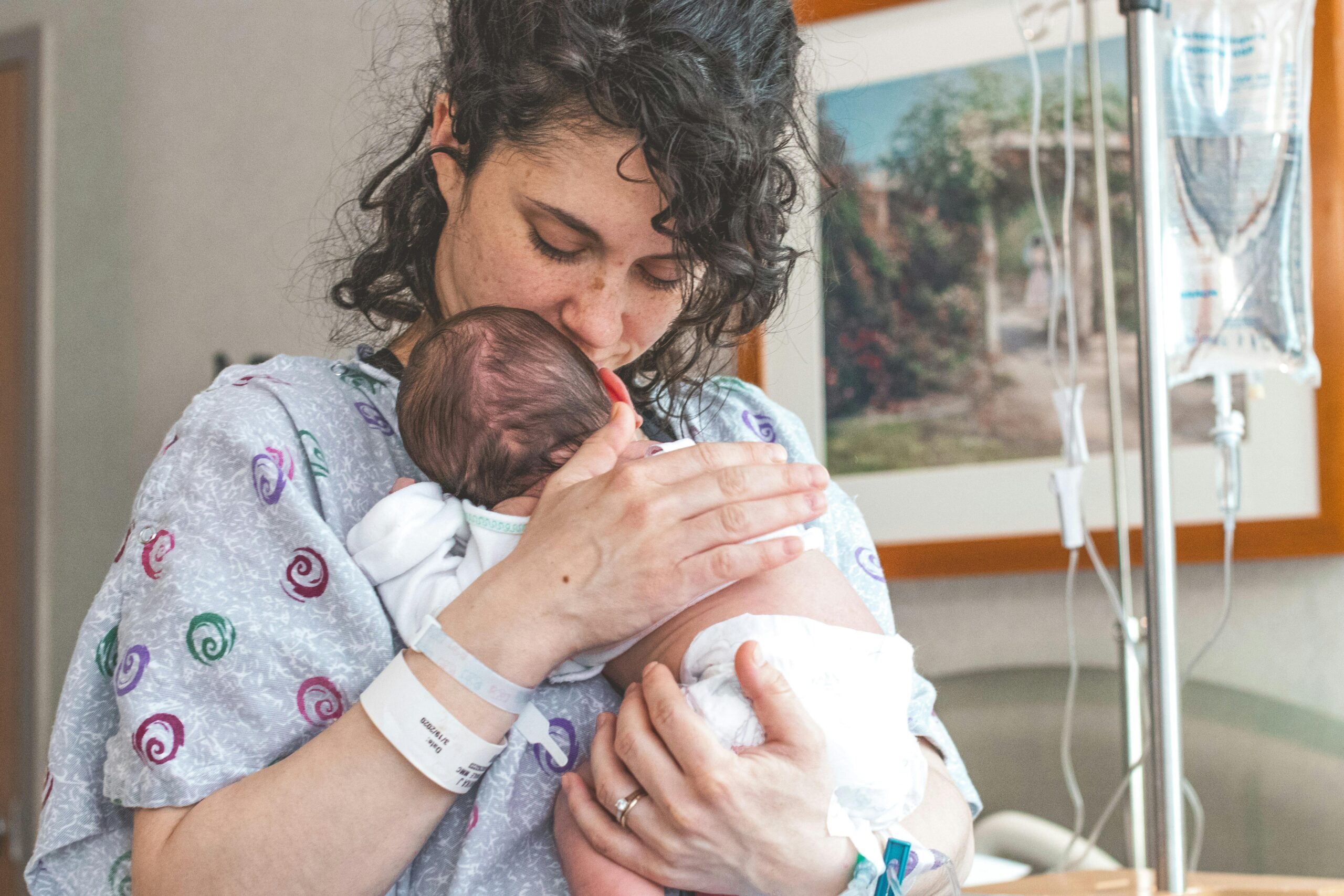
How do I know if I’m pregnant?
In this article
What's the lowdown?
Early pregnancy symptoms are generally vague and are not always present in everyone
The best way to confirm your pregnancy is with a urine or blood pregnancy test
Urine pregnancy tests can be easily bought online, from a pharmacy or supermarket
Am I pregnant?
Pregnancy comes with a wide range of emotions. Sometimes happiness, sometimes sadness, sometimes reservation. There is no right way to feel, it is a big life news that can hit people differently.
Sometimes you might have that little gut feeling that you are pregnant. As much as we should trust our gut, it is not a definitive sign of your pregnancy. The best way to confirm a pregnancy is to have a urine pregnancy test or a blood pregnancy test. These tests measure the beta-human chorionic gonadotropin1 (hCG) in either the urine or blood. However, urine tests do have a small chance of error. Blood tests are not done as standard and are only requested by a doctor if you have had fertility treatment or may have pregnancy complications.
Early signs of pregnancy are not always a big show, they are usually quite subtle changes to your body and how you feel.
You might notice2:
- A missed period (more noticeable if you have regular periods)
- Feeling nauseous or experiencing sickness (not always in the morning)
- Feeling more tired than usual
- Tender or sore breasts
- Increased need to pee (urinate)
- Metallic taste in the mouth
- Increased sensitivity to smell
Other signs of pregnancy could be2:
- Mood swings
- Muscle aches and pains (back and pelvis) – however, this is more common in later stages of pregnancy
- Headaches
- Changes to appetite or preference for food
- Darkening of your nipples (areolas)
- Bloating
- Light spotting and cramping (known as the implantation bleed)
As we know, your bodies are so special and unique that we might experience all or even none of these symptoms. So this makes it a little hard to predict when you might experience pregnancy symptoms.
You could technically feel any pregnancy symptoms as early as a few days after conception, but most typically, people start to feel something around 5 weeks3.


Could early pregnancy signs be something else?
As pregnancy symptoms are all so vague, especially since you’re more likely to experience just 1 or 2 rather than all of them at once, it could easily be mistaken for a cold or flu.
We also know stress or extreme weight changes can impact your periods, these could be a reason why you missed your period.
When should I take a pregnancy test? Where can I get a pregnancy test from?
Urine pregnancy tests can be done at any time, but the recommended time is from the first day of your missed period. This can be a little tricky if you have irregular unpredictable periods, so instead, you can do the pregnancy test 3 weeks after your last unprotected sexual encounter.
You do not have to collect a urine sample at a specific time, pee on that stick at any time of the day that suits you best4!
Urine pregnancy tests can be easily bought online or from pharmacies or supermarkets. They can range from a standard one which gives you a double line for a positive result, or more clever tests that can even estimate how far along you are4!
Assisted conception – when to take a pregnancy test and what signs to look for?
The journey to pregnancy will look a little different with assisted conception, however, testing and experiencing pregnancy should not be that much different!
If you are doing in-vitro fertilisation (IVF) or intrauterine insemination (IUI), it is advised to wait around 14 days after implantation or insemination respectively to take a pregnancy test. This is because the medications you have taken for the procedure can cause a false positive result, so this window allows time for it to leave your system5.
What do I do after finding out I am pregnant?
Once you have confirmed your pregnancy with a test, you should contact your GP and ask for an appointment with a midwife for your “booking appointment”. Don’t freak out if you do not hear from them quickly, your first appointment with your midwife will be around 10 weeks of pregnancy. Some people might require early pregnancy scans, before the typically 12 week scan. This includes if you have6:
- Had assisted conception for this pregnancy
- Had previous complications in pregnancy (such as ectopic pregnancies, multiple miscarriages, molar pregnancies)
- Experiencing pain and bleeding in this pregnancy
In the NHS, the care is standardised and you will receive the following7:
- 10 pregnancy appointments if this is your first pregnancy, 7 if you have been pregnant before
- Screening tests to test for certain conditions – like Down’s syndrome, if you choose to have them
- Screening for inherited blood disorders like sickle cell and thalassemia, if you choose to have them
- Blood test looking for syphilis, HIV and hepatitis B, if you choose to have them
Summary
When you fall pregnant can be unpredictable. It can happen after years of trying or when you least expect it. Sometimes pregnancy can bring on conflicting emotions, especially if they are unplanned or accidental. Whatever the case might be, there is tons of support out there for planned or unplanned pregnancies.
If you need someone to talk to about how to move forward, look no further, our caring and kind in-house medical team can offer you the support you need.
Our medical review process
This article has been medically reviewed for factual and up to date information by a Lowdown doctor.






